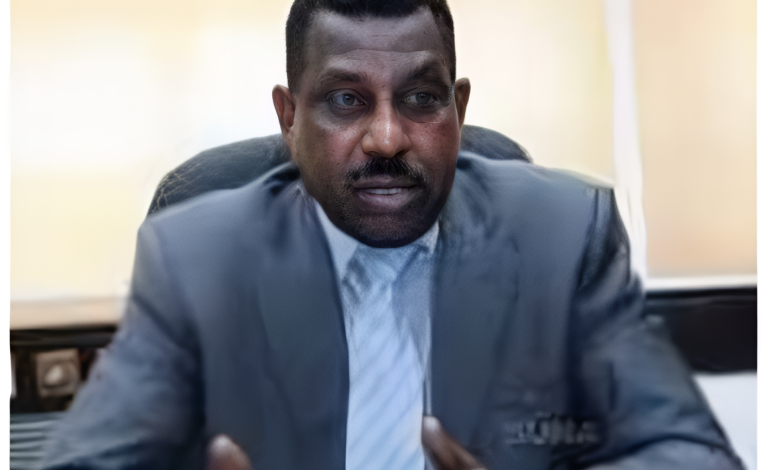Calls for an Emergency Economic Program Addressing Livelihood Issues

Sudan Events – Rehab Abdullah
The former president of the Banking Association, Musa’ad Mohammed Ahmed, emphasized the urgent need for an emergency economic program in the coming period to address economic issues, particularly livelihood concerns. He stressed that the program should be well-defined and focused on pressing issues affecting Sudanese citizens, such as daily living expenses, housing stability, and essential services like healthcare and education.
Musa’ad noted that many people have lost their jobs, homes, and properties due to the crisis, making it crucial for the program to continue until displaced individuals can regain stability. He highlighted that one of the state’s priorities should be to help citizens return to their homes so they can resume economic activities and transition from being aid recipients to productive members of society, as they were before.
Speaking to Al-Ahdath, Musa’ad underscored the importance of security in achieving economic stability. He pointed out that ensuring a safe environment is essential for individuals to engage in economic activities without fear. He also emphasized that investment—whether for personal needs or broader economic development—requires a stable political and security environment, with a clear government strategy guiding economic recovery.
Musa’ad acknowledged the role of community initiatives, such as Takkaya (voluntary food distribution), which have provided relief to those unable to move. However, he stressed the need for a structured and organized effort to mobilize national resources effectively and ensure long-term stability.
Additionally, he called for international engagement to secure continued humanitarian aid and proper distribution mechanisms. Sudan, being a member of multiple international organizations, has a right to receive assistance. He also suggested that if loans become available, Sudan should have mechanisms in place to manage them effectively.
Musa’ad further urged the implementation of financial and monetary reforms, investment policies, and banking sector improvements. He argued that the emergency program should have short-, medium-, and long-term plans aimed at stabilizing and reviving Sudan’s economy, reconstructing what has been destroyed, and planning for future development while considering available resources and wealth.
He emphasized that the success of the emergency program requires both political and public support. He proposed that the program should coincide with the establishment of a transitional government with a clear mandate and timeframe to restore normal economic activity.
Musa’ad also stressed the importance of defining Sudan’s economic relations with foreign countries, particularly those that have supported Sudan during the war. He suggested attracting foreign investment and leveraging Sudan’s membership in regional and international organizations to access financial and technical assistance, including concessional loans.
Lastly, he highlighted the need to encourage national investment during this period, despite the private sector’s losses due to the war. He noted that Sudan has significant opportunities for reconstruction and economic revitalization. With a clear vision and government facilitation, national investments could serve as a gateway for foreign investments, leading to potential partnerships.
Musa’ad concluded by emphasizing the need to prioritize projects with quick returns, whether in essential goods provision, foreign currency generation, or budget support—particularly in the mining sector. He also stressed the necessity of legal reforms, exchange rate stabilization, and budgetary improvements to achieve economic recovery.



